
Nobel Prize-Winning Discovery of Autophagy: The Body’s Self-Repair Mechanism
A Japanese cell biologist has been awarded the Nobel Prize for his groundbreaking discovery of a crucial process in human biology: autophagy. This remarkable mechanism allows cells to consume and recycle their own damaged components, particularly when the body is deprived of food. Autophagy, which means “self-eating” in Greek, is an essential process for maintaining cellular health, removing toxins, and recycling vital cellular materials. By cleaning up damaged or dysfunctional parts within cells, it plays a key role in cellular maintenance, longevity, and disease prevention.
The discovery has provided invaluable insight into how the body can rejuvenate itself during periods of fasting or nutrient deprivation. This process helps the body maintain homeostasis, balance, and overall cellular function. When the body undergoes controlled calorie restriction or fasting, autophagy is triggered as the cells begin to degrade and recycle their damaged structures. This self-cleaning process not only contributes to healthier cells but also supports tissue repair, reduces inflammation, and even contributes to immunity.
The impact of autophagy goes beyond just cell maintenance. Research suggests that it plays a vital role in reducing the risk of chronic diseases, particularly neurodegenerative diseases like Alzheimer’s and Parkinson’s, which are often linked to the accumulation of dysfunctional proteins in the brain. Additionally, autophagy has been shown to have a protective effect against certain types of cancer, as it helps the body eliminate damaged cells that may otherwise contribute to the development of tumors. These findings open exciting possibilities for therapies that could harness the body's innate ability to self-repair, providing new avenues for cancer treatment, aging therapies, and other age-related conditions.
One of the most fascinating aspects of this discovery is the role that intermittent fasting and calorie restriction can play in promoting autophagy. Studies suggest that these practices stimulate the body’s natural ability to cleanse and regenerate cells. This underscores the importance of understanding the connection between nutrition and cellular health, and why periods of nutrient deprivation may have profound effects on metabolism, immune function, and overall wellness. Intermittent fasting, for example, has been linked to improved metabolism, better blood sugar control, and enhanced fat burning, all of which contribute to healthier aging and reduced risk of metabolic diseases like type 2 diabetes.
This Nobel-winning research shines a light on the body’s incredible ability to adapt and protect itself under stress. It underscores the intricate balance that must be maintained between nutrient intake and the body’s need for self-repair mechanisms. It also opens doors for future therapeutic interventions that could potentially manipulate autophagy for medical purposes. By understanding how this process works at the molecular level, scientists are now exploring how to develop therapies that could harness the power of autophagy to treat age-related disorders, metabolic conditions, and certain cancers.
The Nobel Prize awarded for this discovery recognizes decades of meticulous research into the processes that drive cellular health and regeneration. It is a tribute to the incredible adaptability of the human body and its natural ability to repair itself under times of stress, such as during periods of fasting or illness. As researchers continue to delve deeper into the mechanisms of autophagy, they are hopeful that this breakthrough will lay the foundation for novel approaches to promote healthier aging and improve longevity.
News in the same category

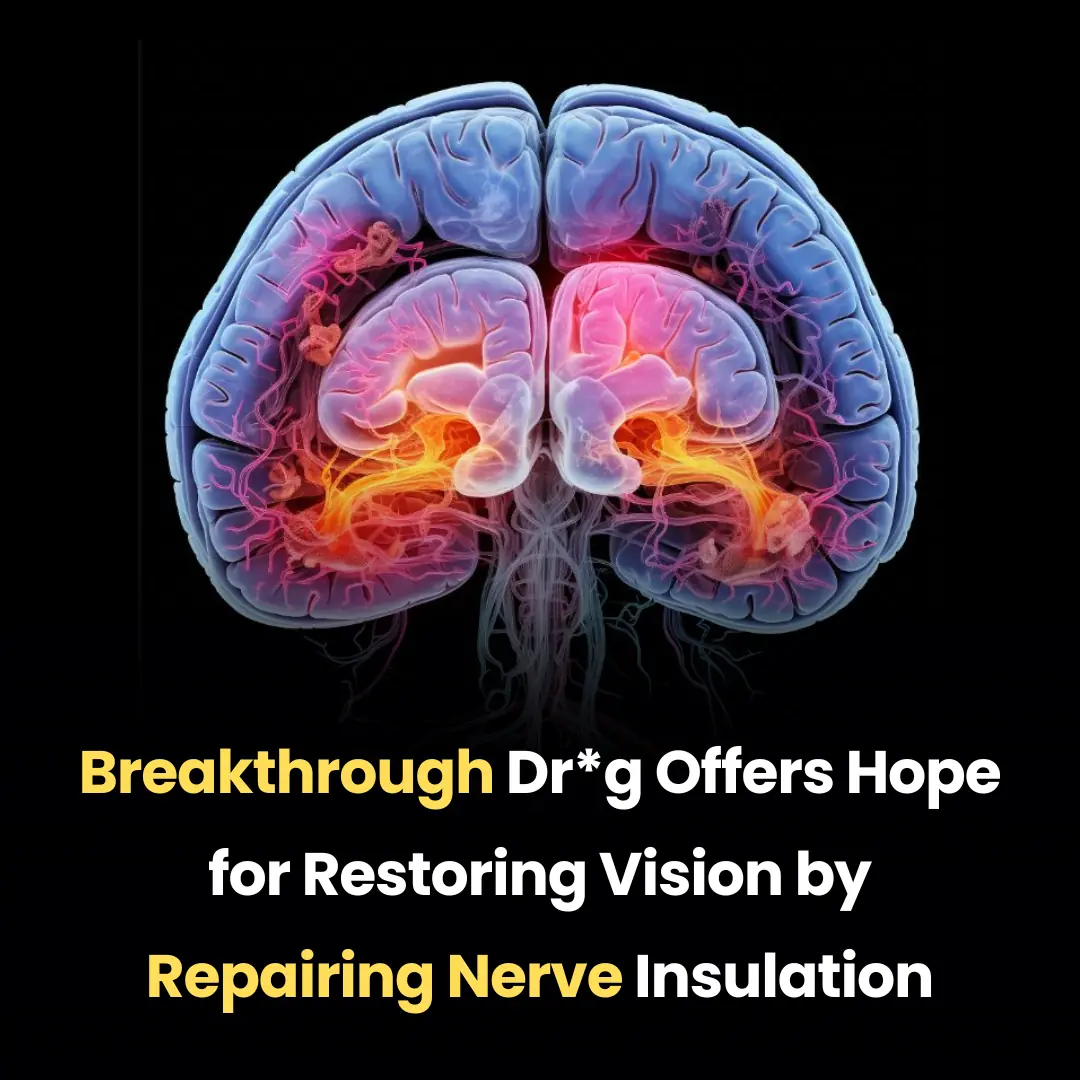
Breakthrough Drug Offers Hope for Restoring Vision by Repairing Nerve Insulation
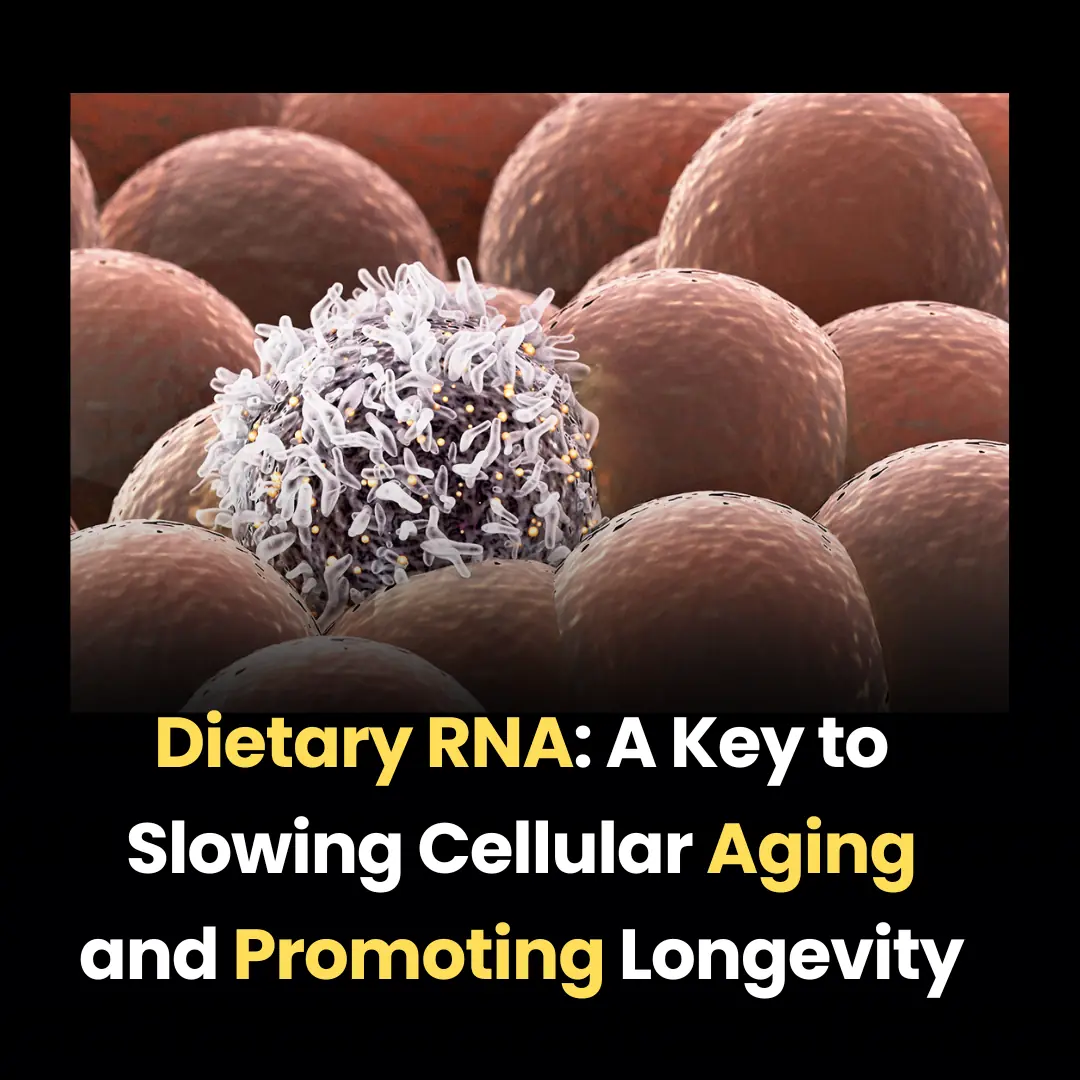
Dietary RNA: A Key to Slowing Cellular Aging and Promoting Longevity
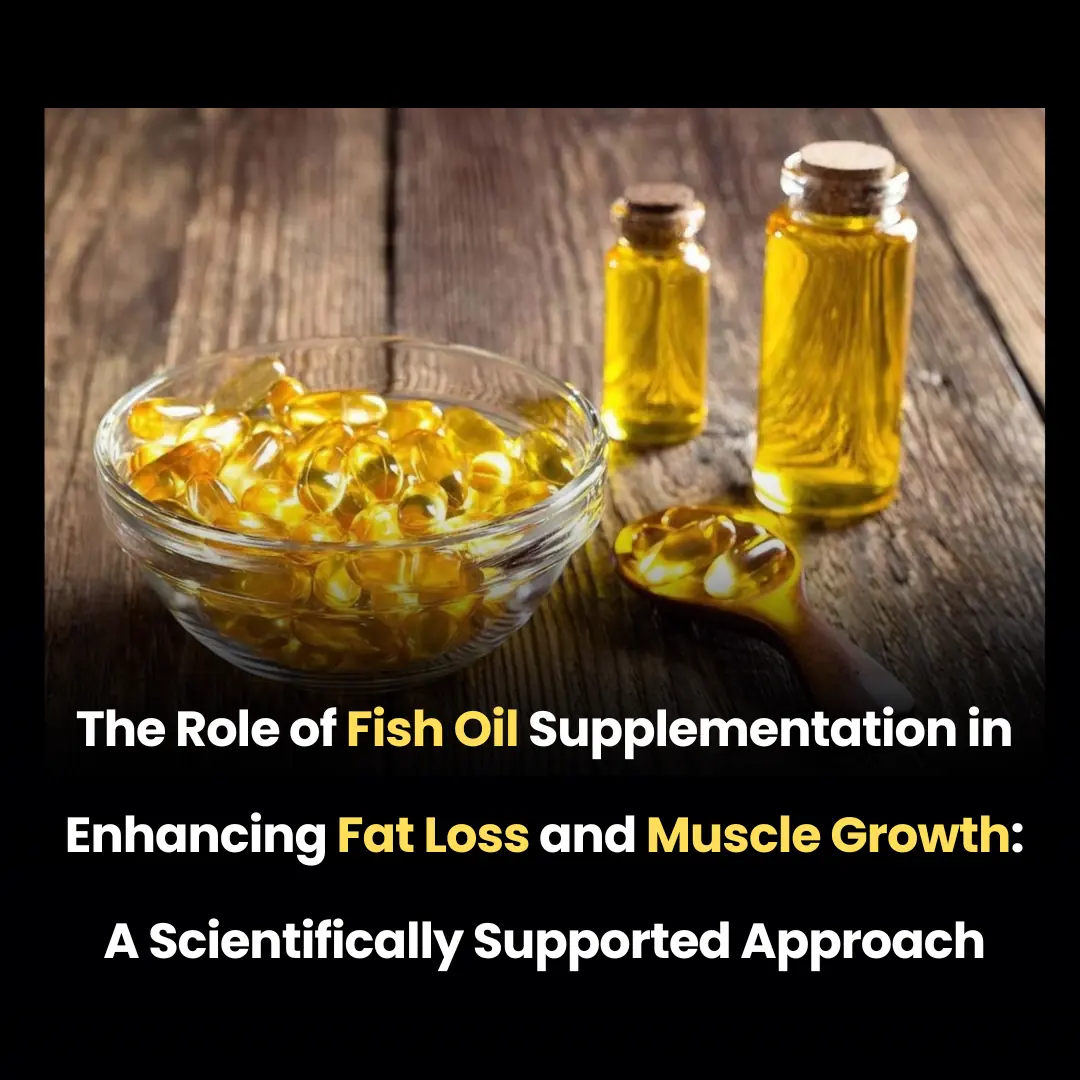
The Role of Fish Oil Supplementation in Enhancing Fat Loss and Muscle Growth: A Scientifically Supported Approach
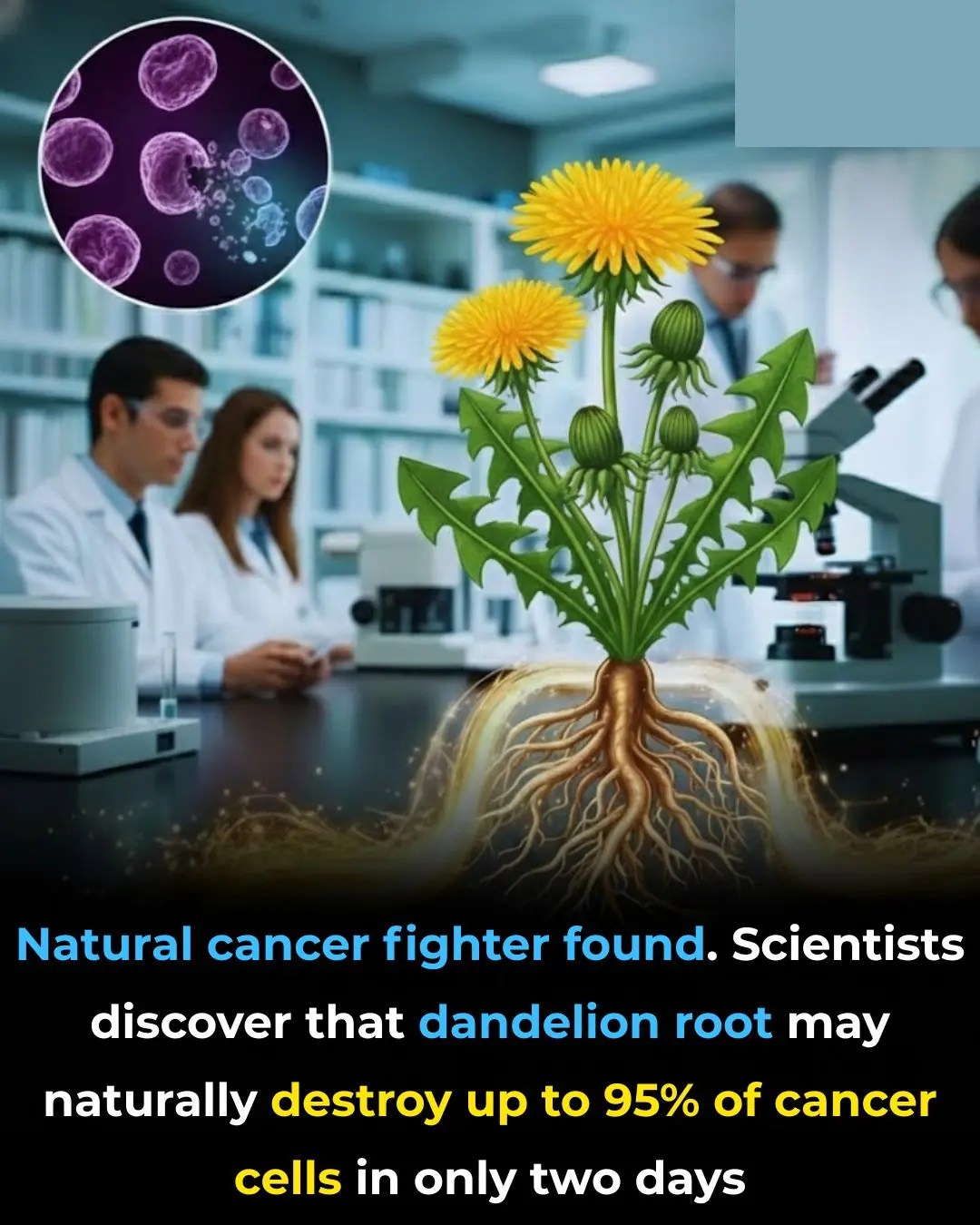
Dandelion Root Extract Shows Potential to Eliminate Up to 95% of Cancer Cells in 48 Hours

Meet the Solar-Powered Sea Slug: The First Animal Known to Photosynthesize!

13-Year-Old Boy's Heartwarming Act of Sacrifice: Buying His Mother a Car Through Hard Work and Compassion

Simple Ways to Reduce Nighttime Wake-Ups and Improve Sleep Quality.

🛡️ The Holy Grail of HIV Research: A Broadly Neutralizing Antibody Targets the Virus's Achilles' Heel

🌊 Harnessing the Ocean’s Power: Scientists Pioneer a Breakthrough in Turning Seawater into Emission-Free Hydrogen Fuel
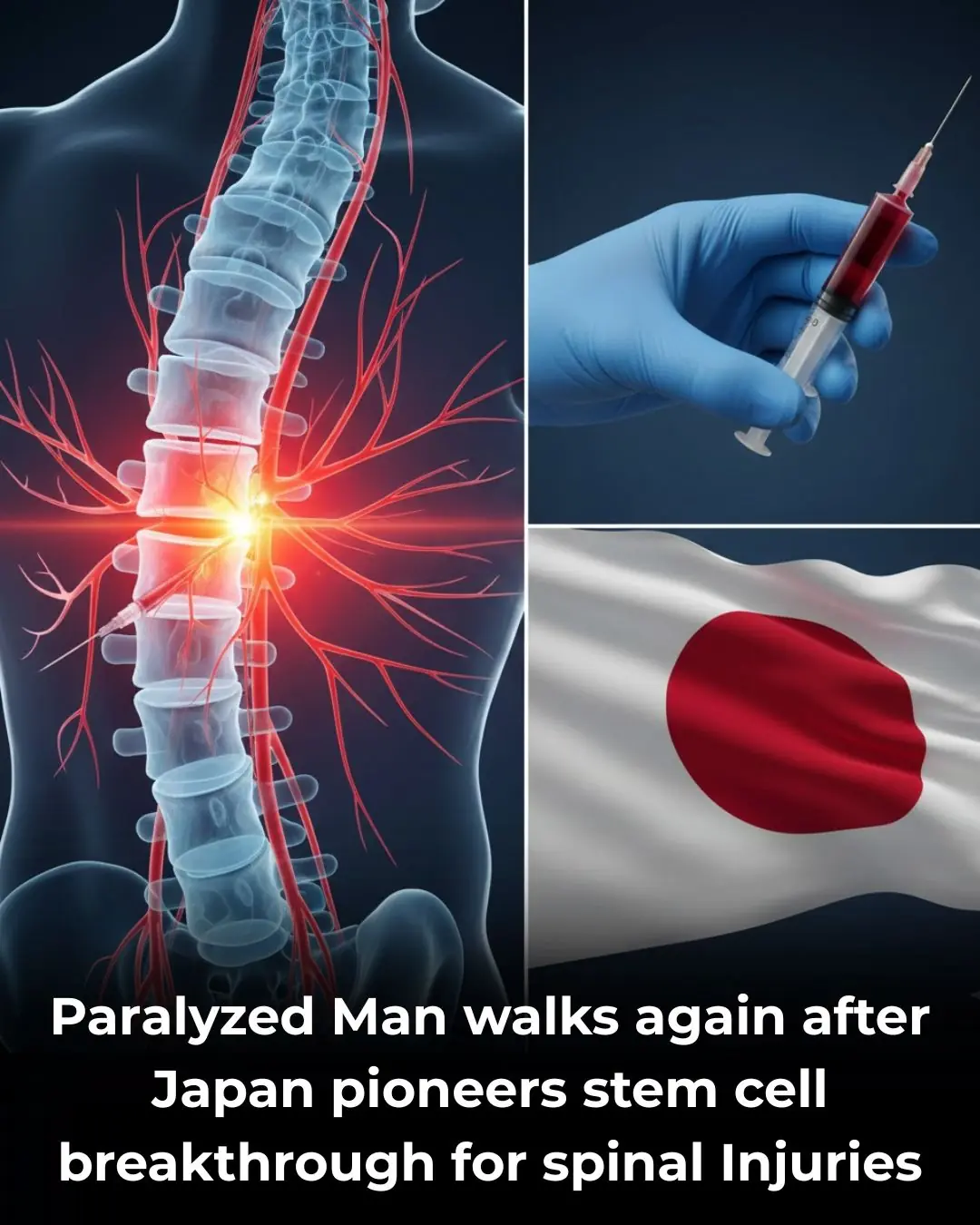
🧬 Pioneering Hope: Japanese Researchers Achieve Historic Movement Restoration Using Stem Cell Therapy for Paralysis
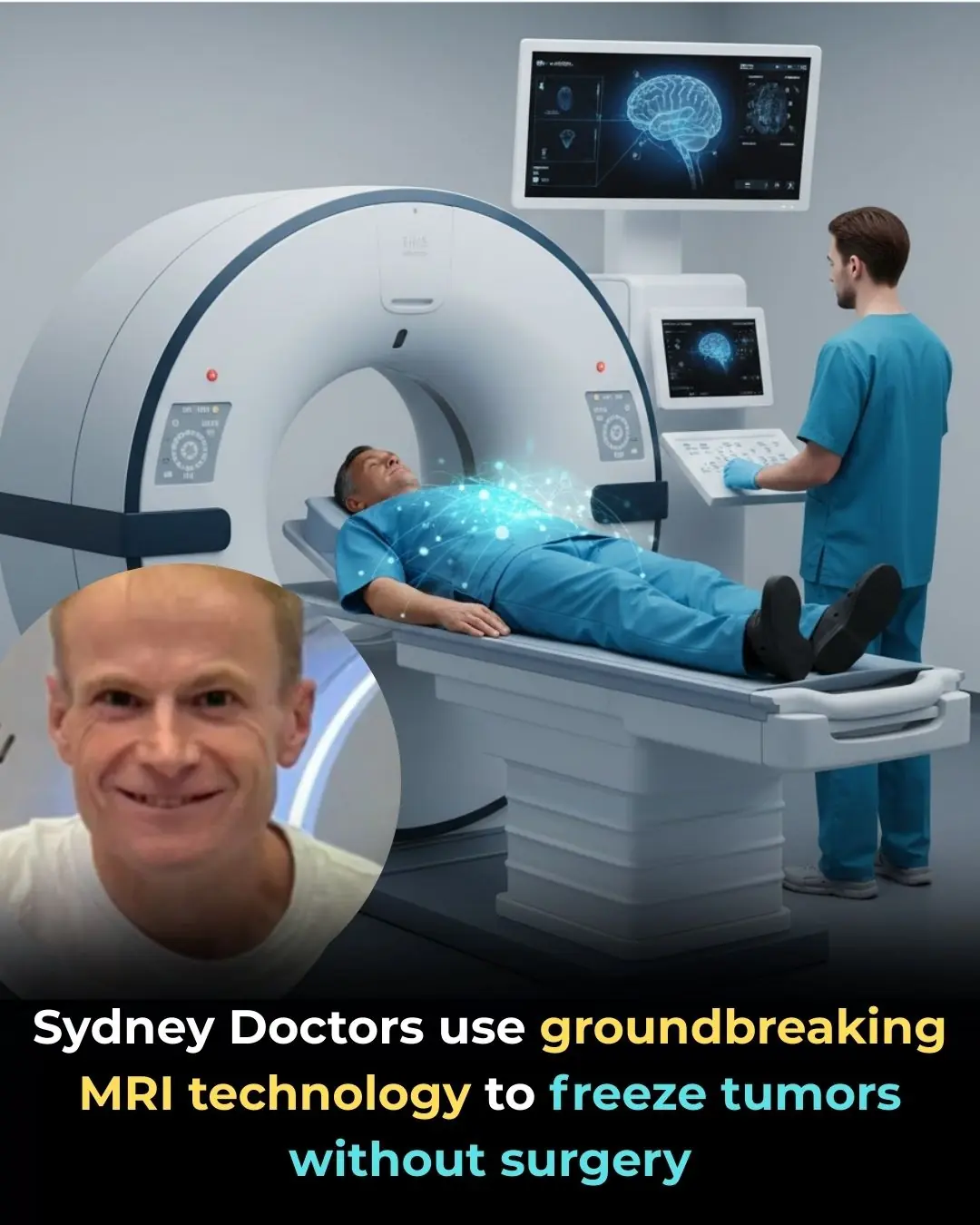
🧊 The New Frontier in Oncology: MRI-Guided Cryoablation Offers Non-Invasive, Precision Cancer Treatment

🧠 The Resilient Mind: A Case Study in Neuroplasticity Challenges the Limits of Human Cognition

🕷️ The Unexpected Side Effect: Neurotoxins in Brazilian Wandering Spider Venom and the Quest for New Medicines
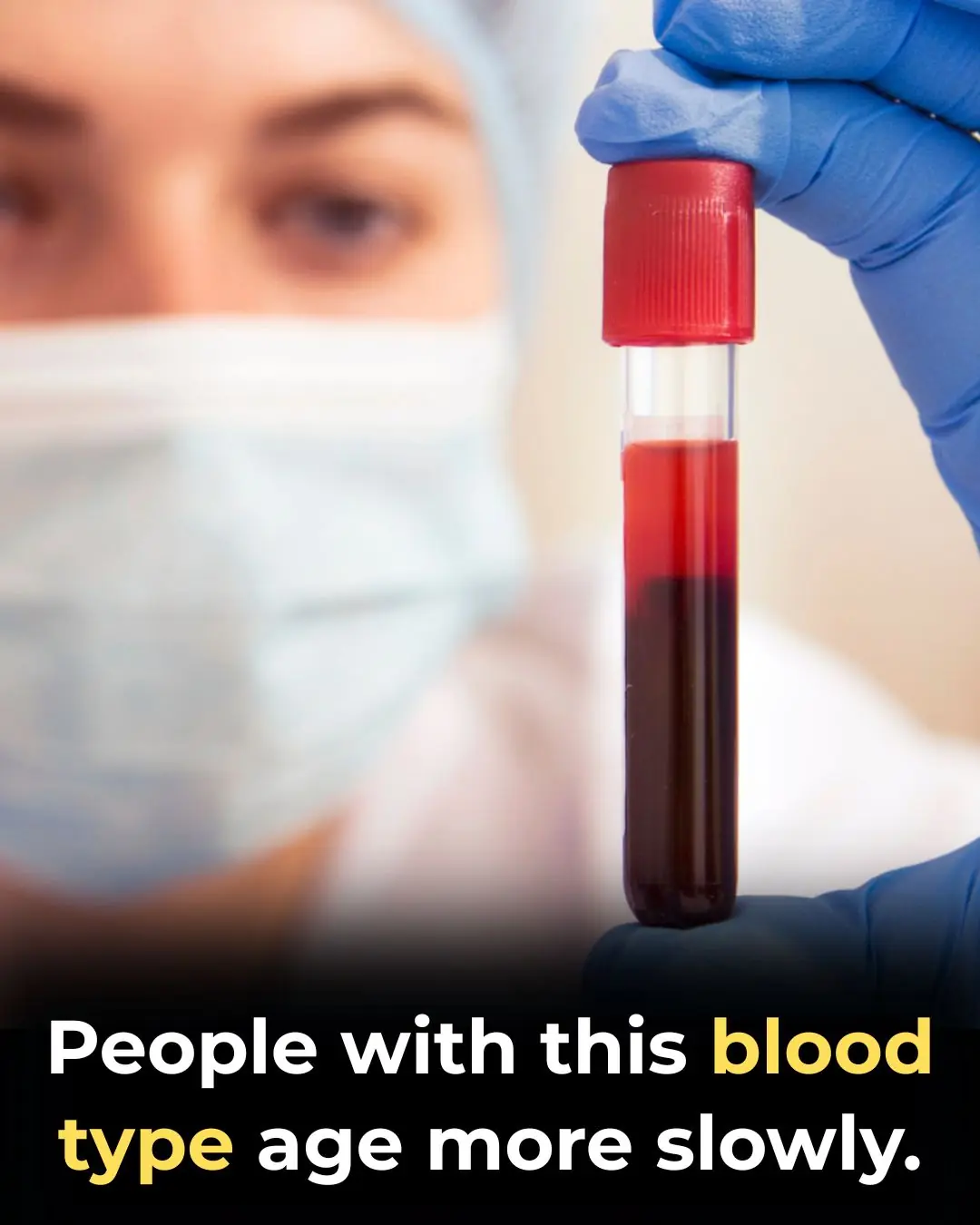
Could Your Blood Type Be Influencing How You Age

Trump Gives Update on $2,000 Check Plan
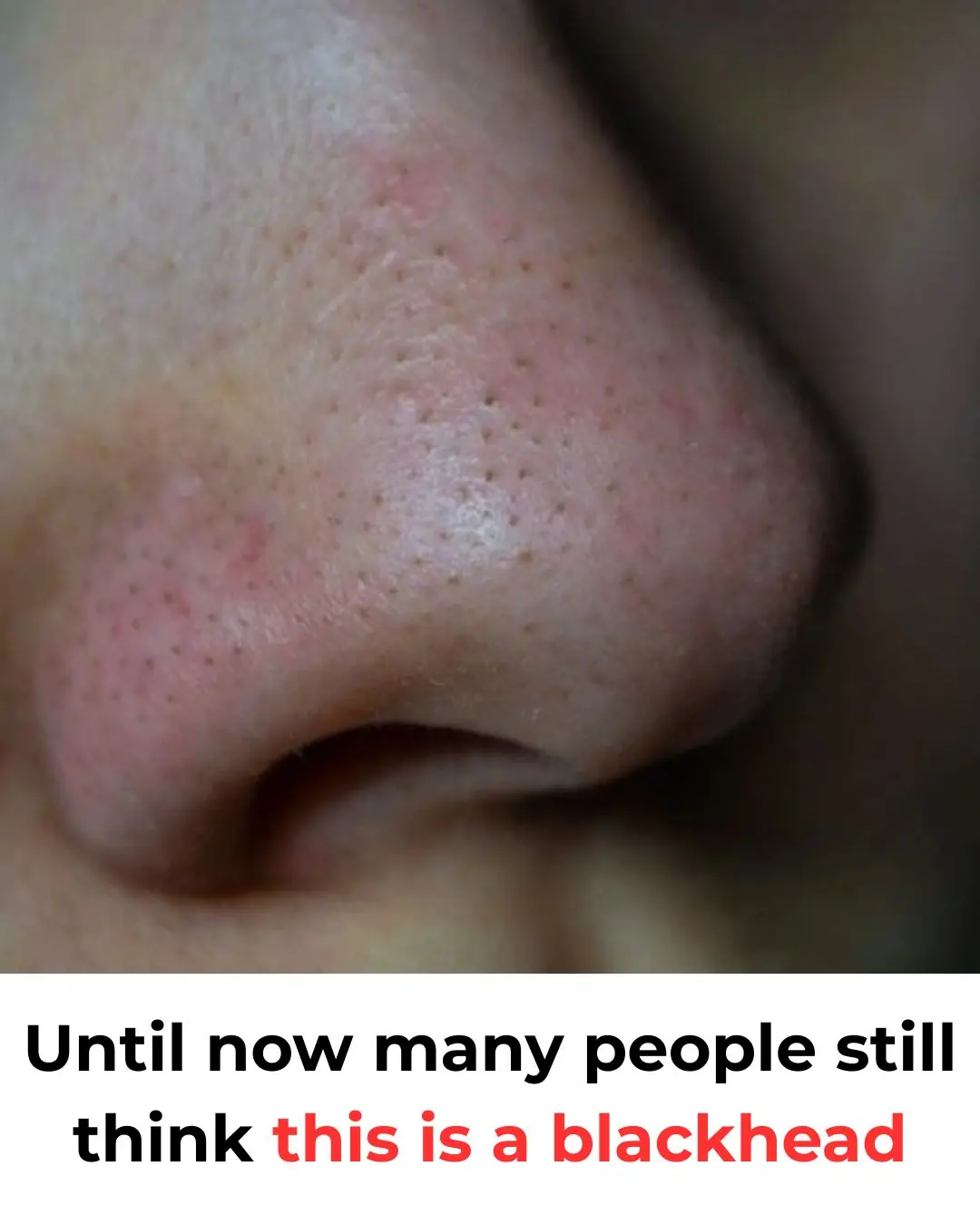
Why Those Tiny Dots on Your Nose Are Completely Normal

The Netherlands Builds a 600-Meter Floating System to Clean Ocean Plastic: A Breakthrough for Global Marine Protection

✅ International Medical Recommendations for Treating Snakebites
News Post

Thicker Thighs Linked to Lower Risk of Heart Disease and Diabetes, Study Finds

Breakthrough Drug Offers Hope for Restoring Vision by Repairing Nerve Insulation

Avoid Ginger If You Have THESE Health Problems

Dietary RNA: A Key to Slowing Cellular Aging and Promoting Longevity

The Role of Fish Oil Supplementation in Enhancing Fat Loss and Muscle Growth: A Scientifically Supported Approach

Dandelion Root Extract Shows Potential to Eliminate Up to 95% of Cancer Cells in 48 Hours

Meet the Solar-Powered Sea Slug: The First Animal Known to Photosynthesize!

13-Year-Old Boy's Heartwarming Act of Sacrifice: Buying His Mother a Car Through Hard Work and Compassion

Living With a Rare Condition, a 25-Year-Old Faces One of Life’s Hardest Decisions

Simple Ways to Reduce Nighttime Wake-Ups and Improve Sleep Quality.

Aretha Duarte Makes History As First Black Latin American Woman To Climb Mount Everest

Doctors reveal the #1 supplement to reduce dementia risk

The Coffee Photo That Survived the War.

Issa Rae Opens New ‘Downtown Dough’ Pizzeria in L.A.

From Hardwood Hero to Human Inspiration: The Legacy of Rodney Rogers.

The step-by-step plan to drop 30 pounds quickly in 2025

The Weight Bryce Couldn’t Carry Alone.

A Lesson Two Boys Will Carry for Life.
